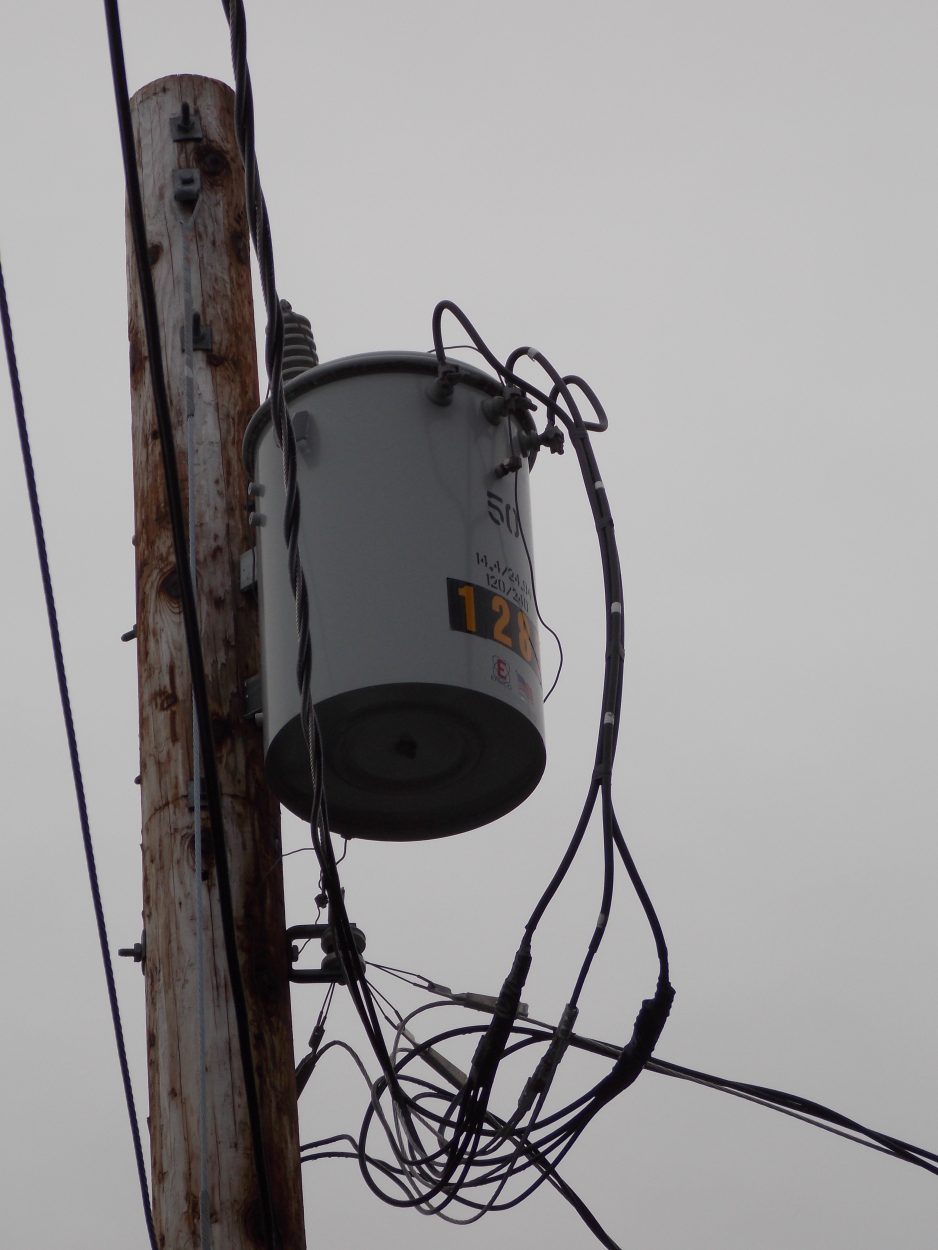It looks like the cost of electricity in Petersburg will be going up four percent over the next two years. Petersburg’s borough assembly Monday gave the first of three approvals needed for an electrical rate increase.
23POWERATEweb
Petersburg Municipal Power and Light superintendent Joe Nelson told the borough assembly that electrical rates are among the lowest in the region and the state. “The only utility in Southeast that was kinda giving us a run for our money rate-wise was Wrangell. And they have as of the first of July processed a seven percent increase across the board. So now we are beneath them. We are, as near as I can tell we have the lowest rates in Alaska.”

Nelson said it’s been a long process for the utility to consider its rates. Nelson said the process showed the need to redesign the rate structure. “Number one that they didn’t encourage large users of power, that we simplified the rates and that we made sure that everybody was paying their fair share, that there was no cross subsidization between the rate classes. And all of that took time.”
A rate study commissioned by the borough last year also recommended raising the cost of electricity four percent. That study found that without the increase, Power and Light would not be making enough money to cover expenses and the cost of replacing old equipment. “And so what we chose to do was to do a two percent this year and two percent next year,” Nelson said. “So we’ll still be lagging behind somewhat this coming 12 months and then beyond that we should be back to being in the black.”
The proposal will impact residential customers differently in the first year. Those purchasing very small amounts could see a monthly bill go down initially. An average residential customer will see a hike of about 25 cents a month on utility bills. However customers heating their home with electricity and buying a lot of power could see monthly bills jump by as much as 25-30 dollars. Those classes of customers would all see another two percent hike the following year. Commercial customers would see straight two percent hikes each year.
Assembly member Bob Lynn asked Nelson a few questions about security deposits for new accounts, new service extensions, and transfer fees. Otherwise the assembly did not debate the rate hikes. The assembly in March already voted to proceed with the increases. But the change needs approval in three readings of an ordinance. The vote was 5-0 Monday to approve the first reading. Mayor Mark Jensen was not at the meeting. Assembly member John Havrilek attended by phone but was unable to cast his vote or speak over the teleconference phone. Two more readings of the rate hike will happen in August.
In related news, the assembly also voted to authorize the borough manager to finalize an agreement over the transfer of operations of the Tyee Lake hydro electric plant from the Thomas Bay Power Authority to the Southeast Alaska Power Agency.
Manager Steve Giesbrecht said he thought the transfer was a good idea. “The real value may be in the longer, is the efficiency factor, the folks operating Tyee are now reporting to the people producing the power and decisions can be made easier, quicker and without having to go through different boards that are unwieldy at best.”
The move could essentially mothball the Thomas Bay Power Commission, an organization formed by Wrangell and Petersburg 40 years ago. It will mean 55,000 dollars annually in savings for each community that was used to pay for administrative employees at Thomas Bay. Electrical workers at the Tyee plant will work for SEAPA and eventually will stop participating in the Public Employees Retirement System or PERS. Giesbrecht explained that SEAPA has agreed to cover Petersburg and Wrangell’s liability for those retirement contributions for the Tyee employees. “In a sense, SEAPA could’ve said, fine they’re your problem and PERS is your problem,” Giesbrecht explained. “They obviously didn’t want to make enemies of Petersburg and Wrangell and took on this liability. That was the big cost factor for Petersburg and Wrangell both was if we would’ve had to continue to pay that liability. It’s no longer a liability for the two communities.”
That agreement has also been approved by the Thomas Bay Power Commission and Wrangell.










